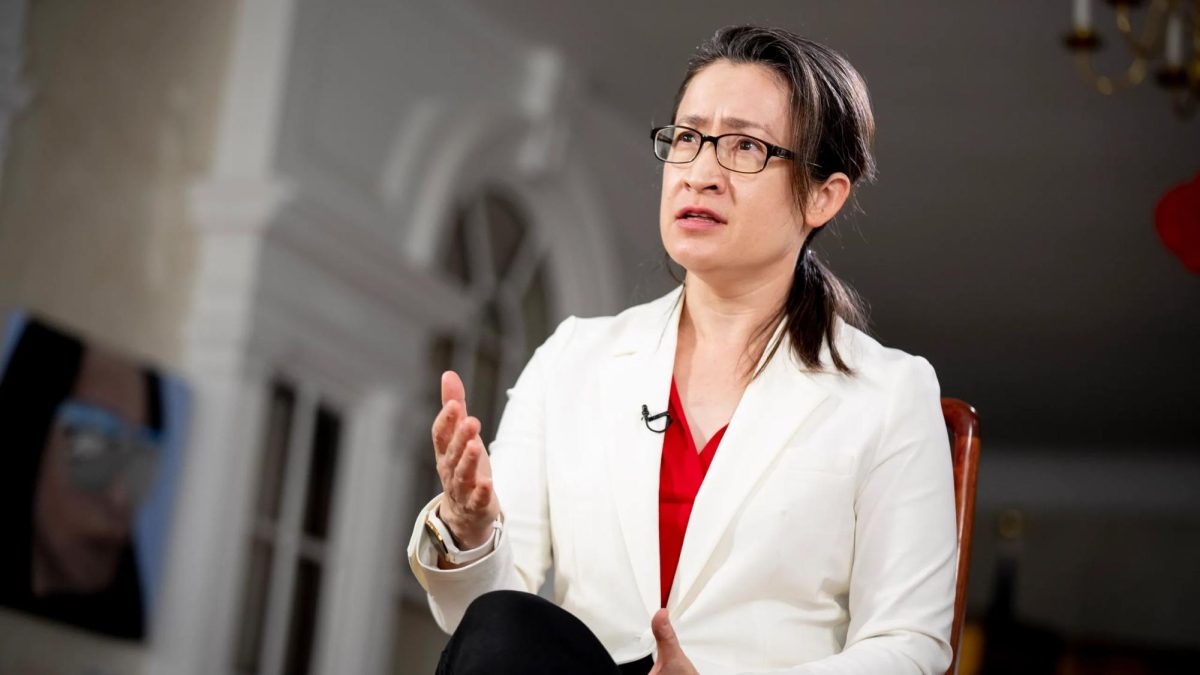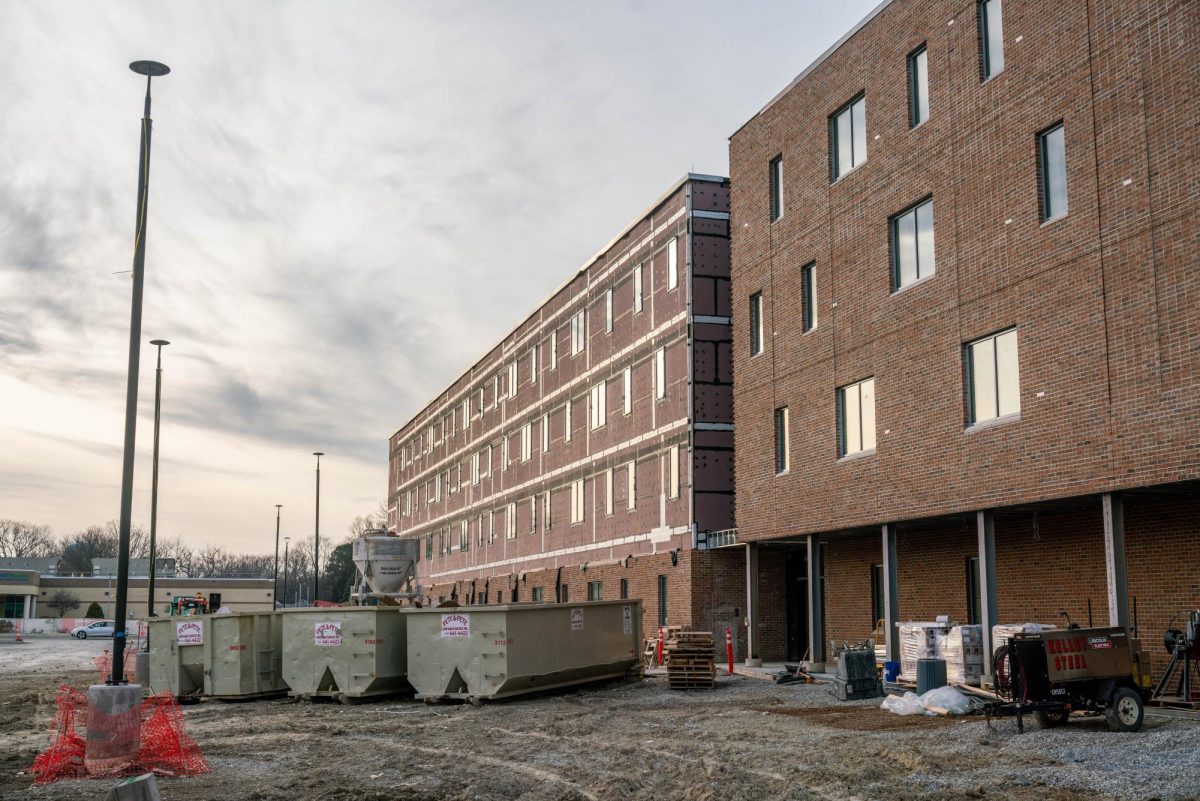On Jan. 13, Oberlin graduate Hsiao Bi-khim, OC ’93, was elected vice president of Taiwan. The former Taiwanese representative to the U.S. received a Bachelor of Arts in East Asian Studies from Oberlin College. When she takes office May 20, Hsiao will become the first biracial vice president of Taiwan.
The election made headlines around the world as the new president-elect, Lai Ching-te, whom Hsiao campaigned with, vowed to uphold his party’s current policy of maintaining the island’s sovereignty from China, which sees Taiwan as a rebellious province. The Chinese government continues to maintain that Taiwan is part of its sovereign territory.
Hsiao was born to an American mother and a Taiwanese father in Japan and grew up in Tainan, Taiwan before coming to the U.S. for her education.
When she was growing up in Taiwan, the island was under the one-party rule of the Kuomintang before the nation democratized in the 1990s. It was at Oberlin that she first had access to the books and writings of Taiwanese dissidents, which had been banned by the Kuomintang.
“[S]he got to see some of the magazines, publications, political magazines, banned in Taiwan by the [Kuomintang] … and then she started to have the sense of ‘I have to learn more about harnessing … culture,’” Visiting Assistant Professor of Chinese History Yu-chi Chang, who had heard Hsiao speak at Oberlin a few years ago, said. “‘I have to learn more about what’s the way for Taiwan[’s] democracy.’ So this is kind of like her political enlightenment.”
After her time at the College, she pursued a master’s degree in political science from Columbia University. She then moved back to Taiwan at the age of 26, where she became part of the entourage of Chen Shui-bian — who would go on to become president in 2000. At the age of 30, she was elected to the Taiwanese Legislative Yuan.
Her most recent and significant political posting came in 2020, when she became the Taiwanese representative to the U.S. Due to the disputed status of Taiwan as a country, she could not be called an Ambassador. Instead, she bore the title of the Taipei Economic and Cultural Representative. During her time in Washington, D.C. she was one of the most influential national representatives, regularly meeting with Biden administration officials and members of Congress. Her time in the States came to an end when Lai Ching-te named her as his running mate on Nov. 20.
Speaking to the Oberlin Alumni Magazine in 1999, Hsiao described how Oberlin prepared her for her career in politics.
“Oberlin is a place where you can comfortably criticize everything,” she said. “The atmosphere encourages that. When you leave, you try not to lose your ultimate ideals, even when compromising on smaller matters. That’s the greatest challenge.”









